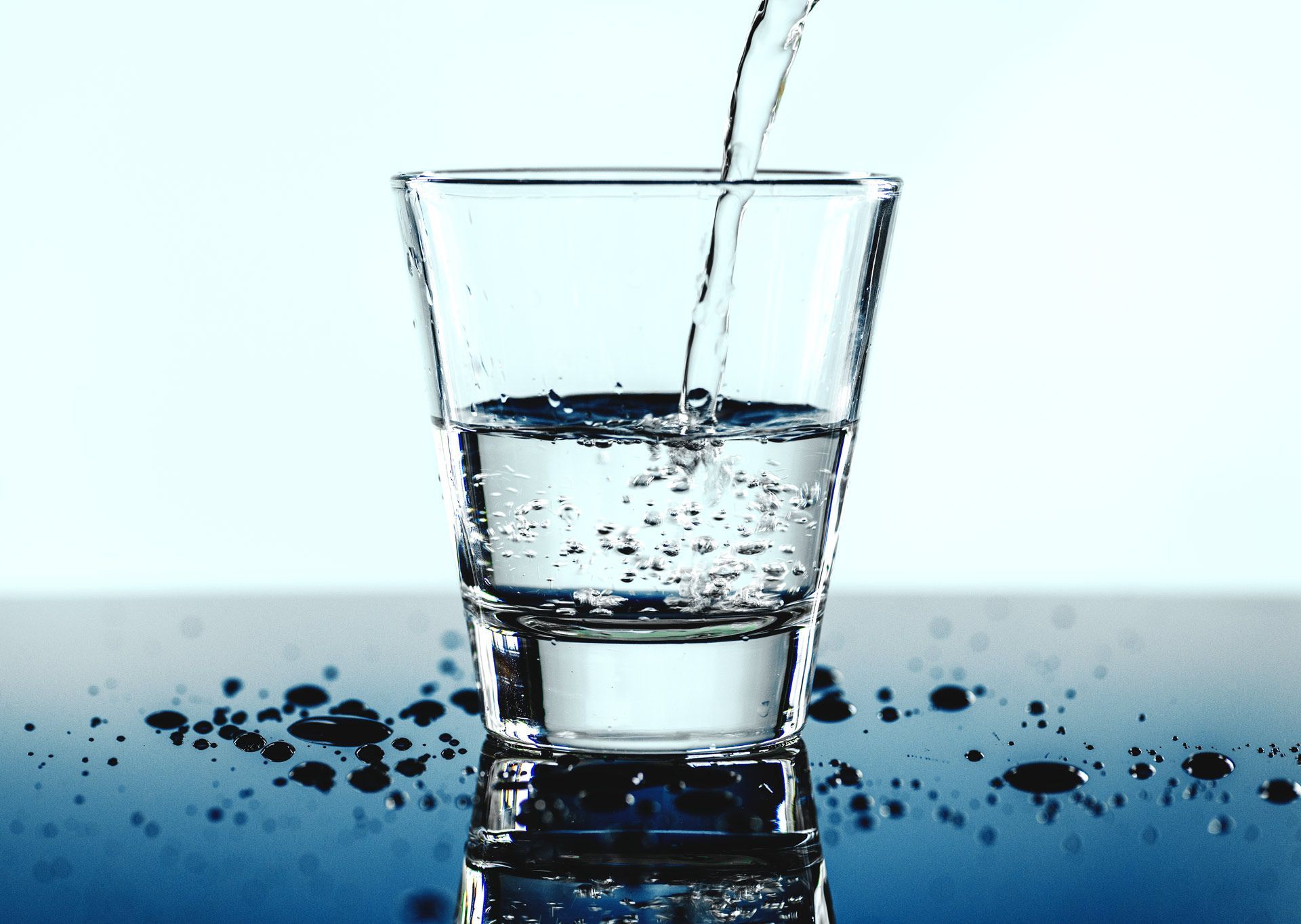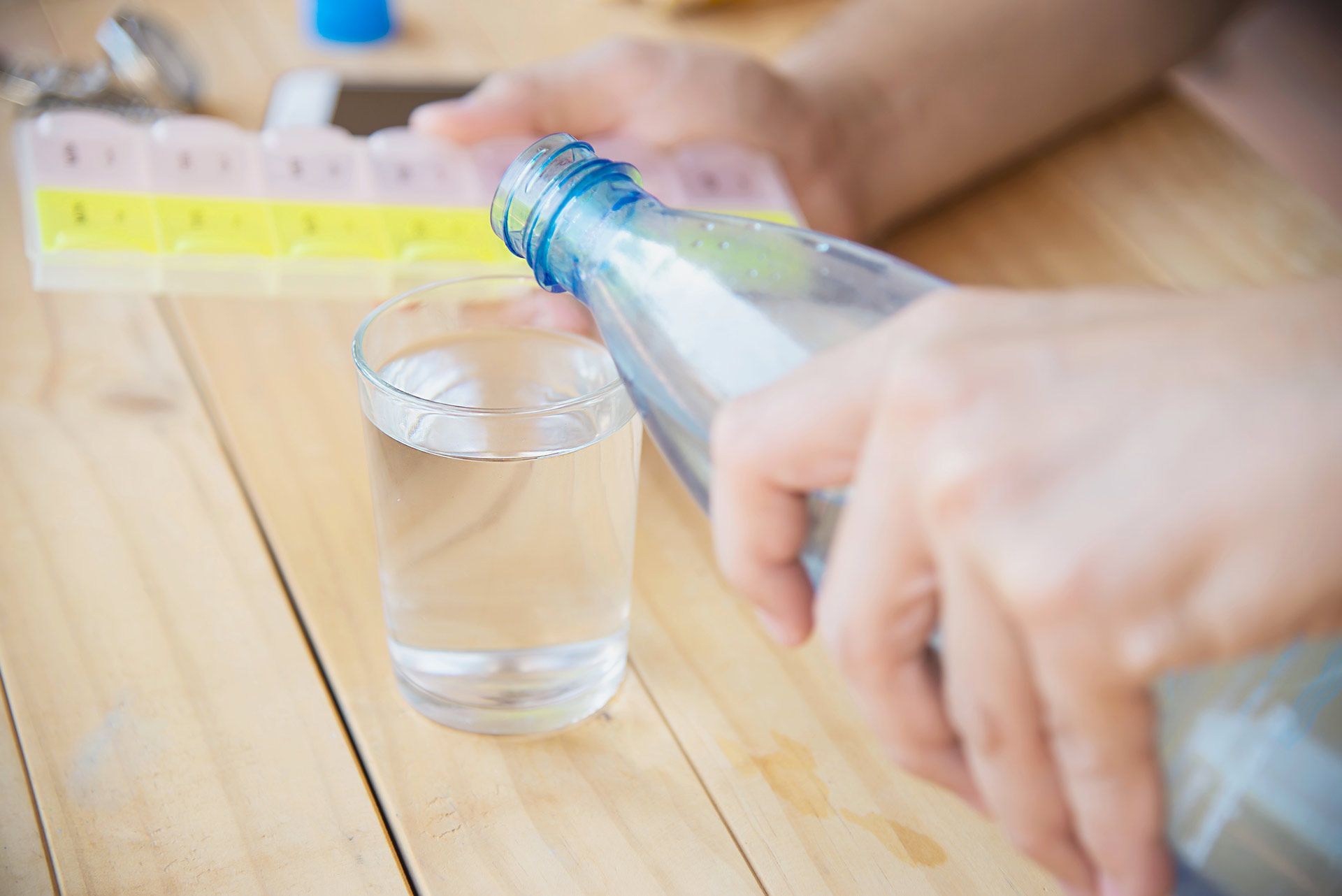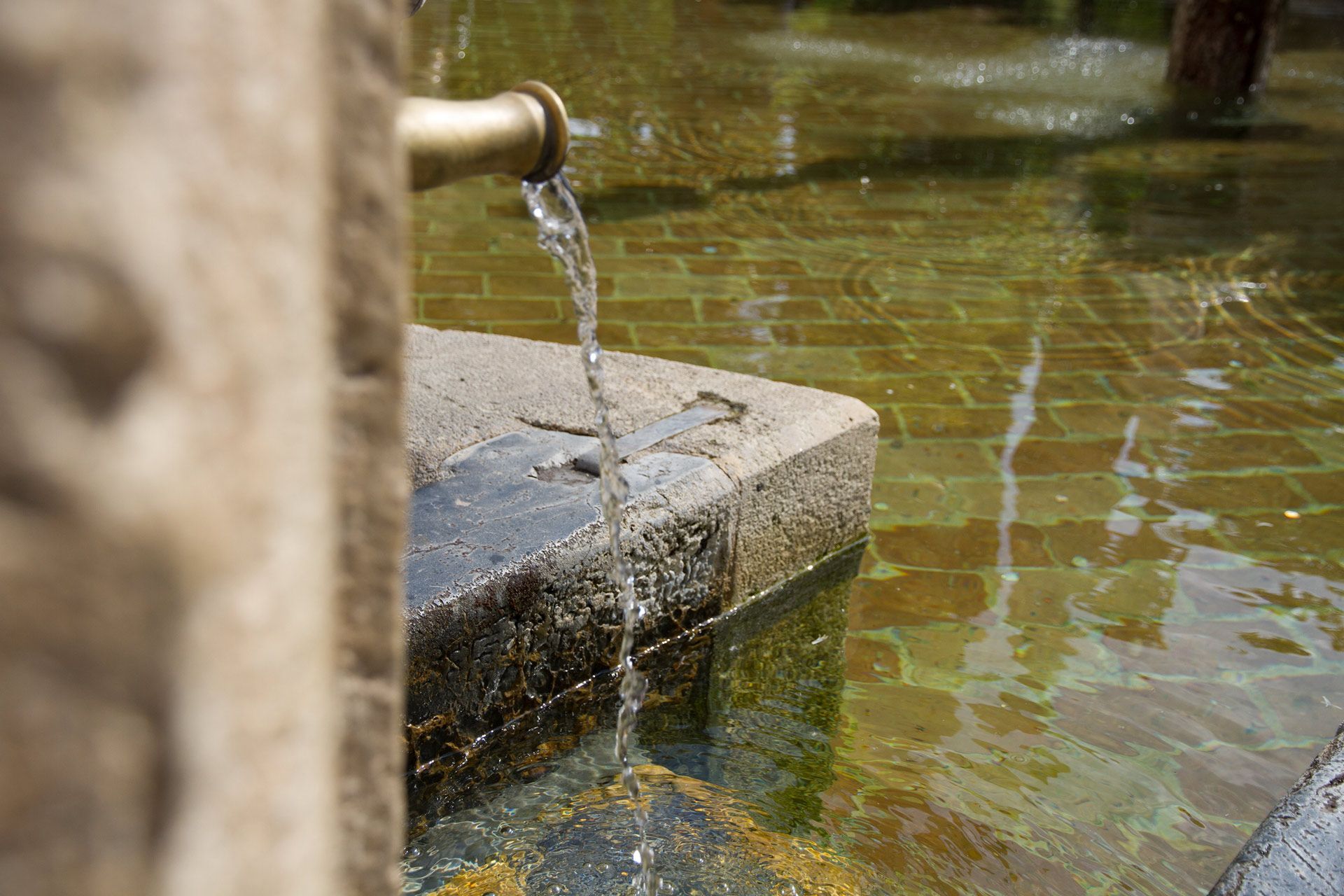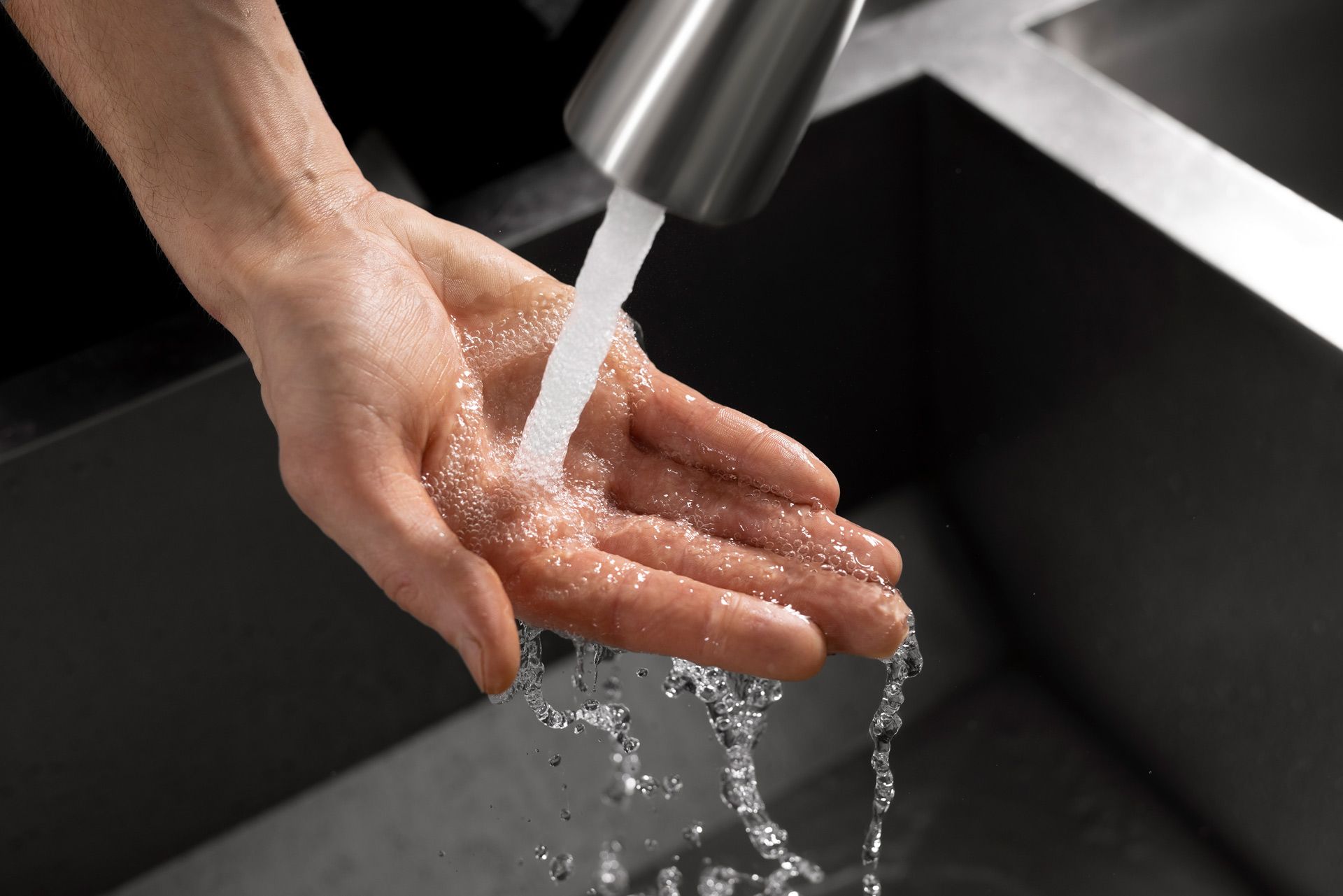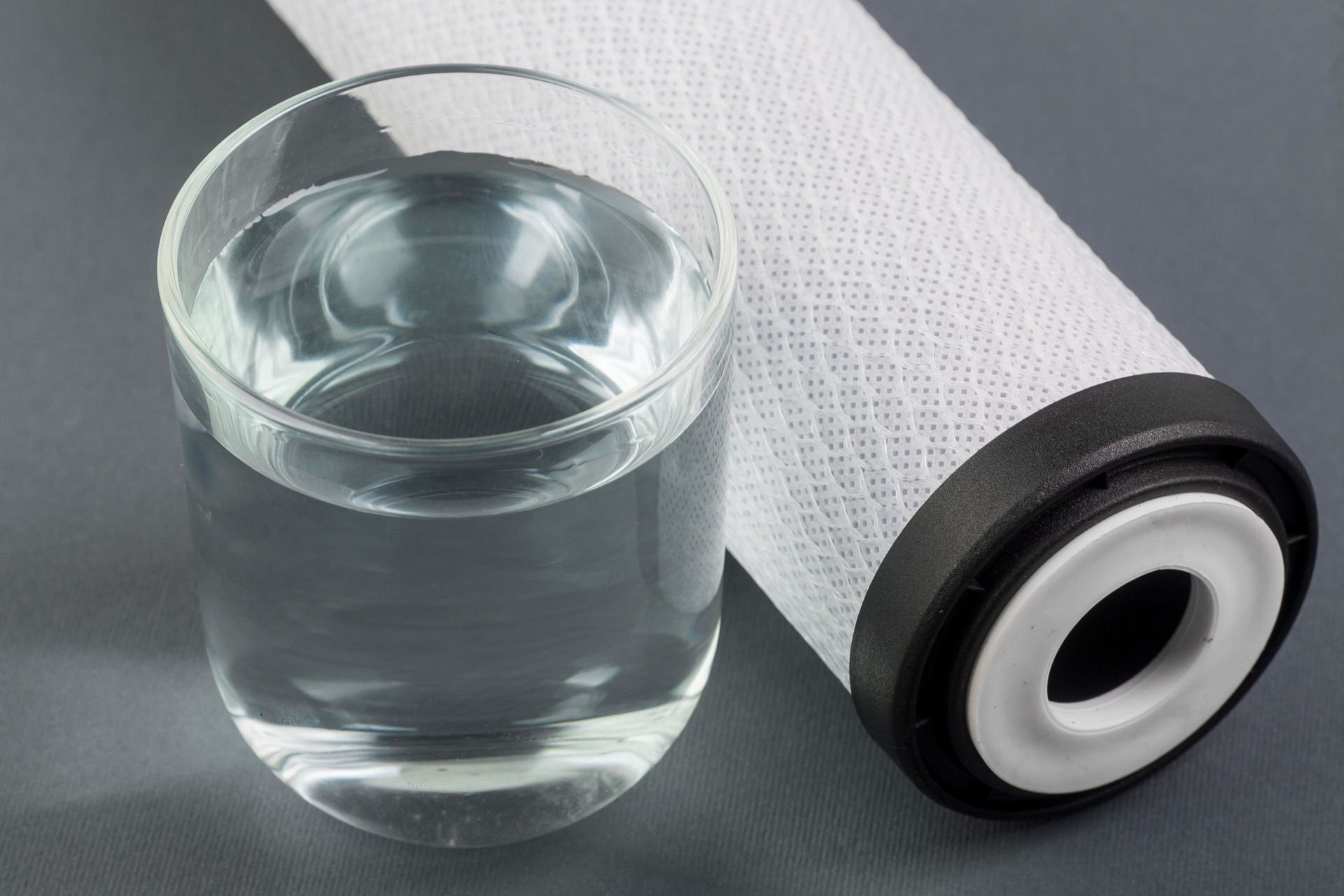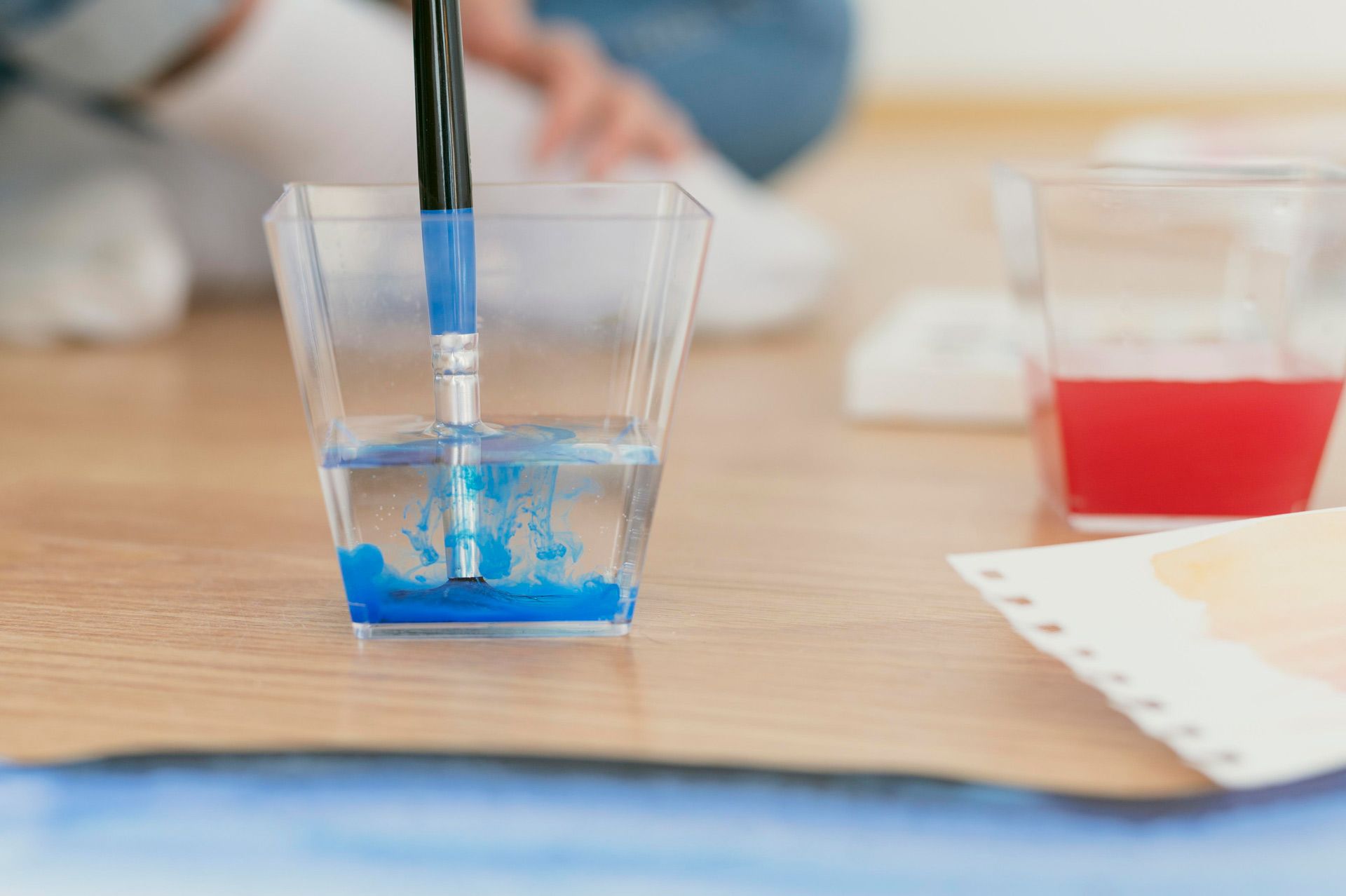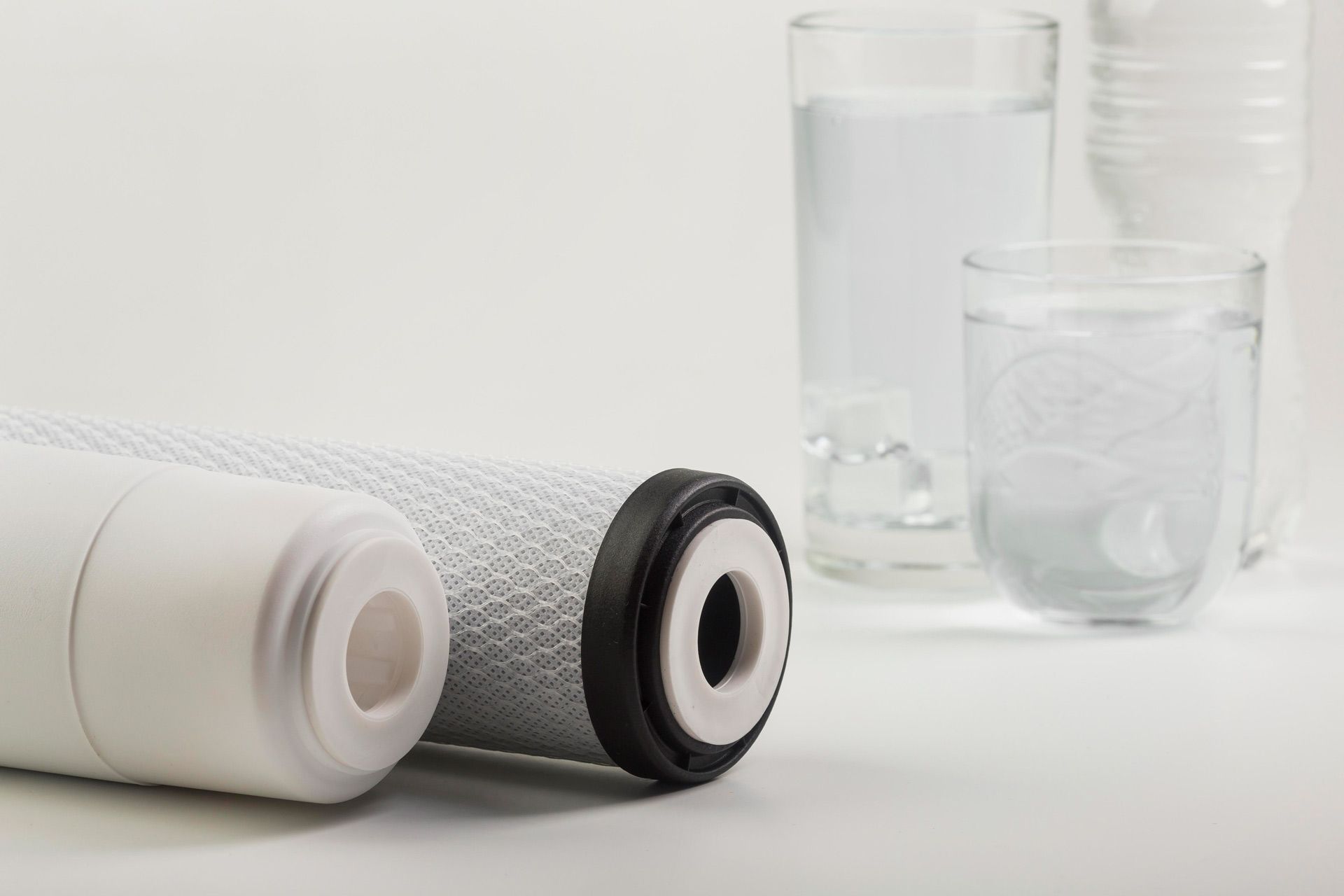Why Regular Water Testing Is Essential for Your Home
May 2, 2025
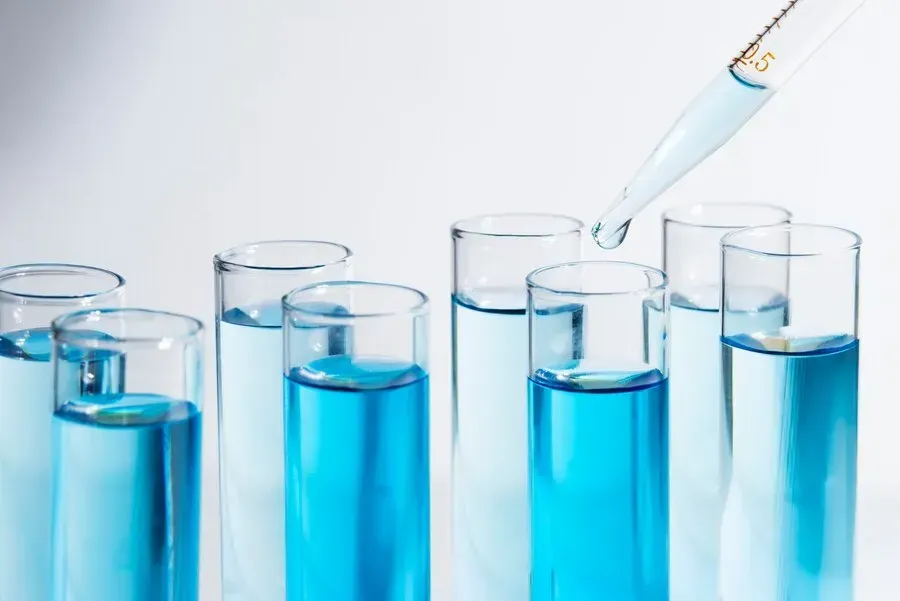
When you turn on your faucet, clear water flows into your glass, sink, or tub. It looks clean and safe. But water carries many things you cannot see. Some of these things are natural minerals that won't harm you. Others might be chemicals or metals that could affect your health or damage your home's pipes and appliances.
Regular water testing is essential for your home because it identifies harmful contaminants that may be present in your water supply but invisible to the naked eye. Testing reveals problems like bacteria, heavy metals, pesticides, and mineral content that can affect both your family's health and your home's plumbing system before they cause serious issues.
Most homeowners think about water testing only when they notice strange tastes, smells, or stains. But many water problems have no obvious signs. By the time you notice something wrong, you may have been drinking contaminated water for months or years. Regular testing helps catch problems early and keeps your family safe.
Common Water Problems in Central Indiana Homes
Hard Water Issues
Central Indiana sits on limestone-rich soil. This means our water picks up lots of minerals as it flows through the ground. These minerals make our water "hard." Hard water isn't usually harmful to drink, but it causes many household problems.
- Signs of hard water include:
- White spots on dishes and shower doors
- Soap that doesn't lather well
- Stiff, scratchy clothes after washing
- Scale buildup in pipes and appliances
- Dry skin and hair after bathing
These problems aren't just annoying. The scale buildup can shorten the life of your water heater, dishwasher, and washing machine. You might spend more on soap products too, since hard water makes them less effective.
Testing shows exactly how hard your water is. This helps you choose the right water softener for your home's needs.
Bacteria and Viruses
Well water users face special risks from bacteria. After heavy rains or floods, surface water can carry bacteria into your well. City water systems add chlorine to kill these germs, but well owners must check their own water.
Common bacteria in water include:
- E. coli
- Coliform bacteria
- Giardia
- Cryptosporidium
These can cause stomach problems, diarrhea, and more serious health issues. Young children, elderly people, and those with weak immune systems face the highest risk.
Testing for bacteria is simple and affordable. If tests find bacteria, solutions like UV light systems or chlorination can make your water safe again.
Chemical Contamination
Farms and factories dot the landscape across Indiana. These can sometimes leak chemicals into groundwater. Old gas stations might have leaking underground tanks. Even lawn chemicals can seep into well water.
Common chemical contaminants include:
- Nitrates from fertilizers
- Pesticides from farms and lawns
- Industrial solvents
- Petroleum products
- PFAS ("forever chemicals")
Many of these chemicals have no taste or smell, even at harmful levels. Only testing can find them. Different water filters target different chemicals, so knowing exactly what's in your water helps you choose the right solution.
Heavy Metals
Older homes often have copper or lead pipes, or pipes with lead solder. These metals can slowly dissolve into your water, especially if your water is acidic. Other metals like arsenic or chromium might be naturally present in your groundwater.
Heavy metals to watch for include:
- Lead
- Copper
- Arsenic
- Chromium
- Mercury
Even low levels of some metals, especially lead, can cause health problems over time. Children are most at risk. Testing is the only way to know if metals are in your water.
When Should You Test Your Water?
Annual Testing for Everyone
All homes should test their water at least once a year for basic safety. This yearly check looks for common problems like bacteria and nitrates. It also checks pH levels and hardness. Annual testing catches problems early before they affect your health or home.
Special Times That Call for Testing
Some situations call for extra water tests:
- When you notice changes: If your water suddenly tastes, smells, or looks different, test right away. Changes often signal new problems.
- After major plumbing work: New pipes or repairs can introduce bacteria or debris into your system.
- Before buying a home: Always test the water before buying a house, especially one with a private well.
- After flooding: Heavy rains or floods can wash contaminants into wells or overwhelm city treatment plants.
- If family members get sick: Unexplained stomach illnesses could come from your water.
- When expecting a baby: Infants are more sensitive to certain contaminants like nitrates.
Testing at these times adds an extra layer of protection for your family.
DIY Tests vs. Professional Water Testing
Home Testing Kits
Many stores sell water test kits you can use yourself. These kits use test strips or drops that change color when certain things are in your water. They're affordable and give quick results.
DIY kits work well for basic checks like:
- Water hardness
- Chlorine levels
- pH balance
- Iron content
However, these kits have limits. They might not detect low levels of harmful substances. They also don't test for everything that might be in your water.
Professional Water Analysis
Professional testing offers a more complete picture of your water. Water treatment companies like Puresoft Water Treatments use advanced equipment to find even tiny amounts of contaminants.
Professional tests can check for:
- Exact hardness levels
- Comprehensive bacteria screening
- Heavy metals in small amounts
- Pesticides and industrial chemicals
- Detailed mineral content
Many companies offer free basic water tests as part of their service. More detailed tests might cost a bit more but provide peace of mind and specific information to guide treatment choices.
Understanding Your Water Test Results
When you get your test results, they might look confusing at first. Numbers and strange terms fill the page. Don't worry - here's what to look for:
- Total Dissolved Solids (TDS): This measures all dissolved content in your water. Higher numbers usually mean harder water.
- pH Level: This shows if your water is acidic or basic. The ideal range is 6.5 to 8.5. Water outside this range can damage pipes.
- Hardness: Usually measured in grains per gallon (GPG). Water over 7 GPG is considered hard.
- Bacteria: Results should show "absent" or "0" for coliform bacteria. Any other result needs attention right away.
- Contaminant Levels: These are usually shown in parts per million (ppm) or parts per billion (ppb). Compare these to EPA safety standards.
If you don't understand something on your report, ask the testing company to explain. They want you to understand your water.
Water Treatment Solutions for Common Problems
Whole-Home Water Softeners
Water softeners solve hard water problems throughout your home. They remove calcium and magnesium minerals by swapping them for sodium ions. This process is called ion exchange.
Benefits of water softeners include:
- Longer-lasting appliances
- Cleaner dishes and laundry
- Less soap needed for cleaning
- Softer skin and hair
- Protection for pipes and fixtures
Modern softeners use computers to track water usage and only regenerate when needed. This saves salt and water.
Drinking Water Filtration Systems
For water with taste or contamination issues, drinking water filters provide clean, safe water at your tap. Different filters remove different contaminants.
Common filter types include:
- Carbon filters: Remove chlorine and improve taste
- Reverse osmosis systems: Remove almost everything, including lead and arsenic
- UV light systems: Kill bacteria and viruses
- Specialty filters: Target specific problems like iron or sulfur
The right system depends on what's in your water. That's why testing matters so much - it guides your choice of filter.
Well Water Treatment Systems
Well owners often need multiple treatment stages. A complete well water system might include:
- Sediment pre-filter to catch particles
- Water softener for hardness minerals
- Specialty filter for iron or sulfur
- UV light or chlorination for bacteria
- Carbon filter as a final polish
These systems work together to address all the common well water issues in central Indiana.
The Cost of Not Testing Your Water
Skipping water tests might save a few dollars now, but cost much more later. Think about these hidden costs:
- Shortened appliance life: Hard water can cut your water heater's life in half. Dishwashers and washing machines also break down sooner.
- Higher utility bills: Scale-covered heating elements use more energy.
- Endless cleaning: Fighting hard water stains takes time and strong cleaners.
- Plumbing repairs: Corroded pipes from acidic or mineral-rich water lead to leaks and costly repairs.
- Medical bills: Waterborne illnesses cause doctor visits and missed work days.
Most importantly, not testing means not knowing what your family drinks every day. The peace of mind from regular testing is priceless.
Taking the Next Step with Puresoft Water Treatments
At Puresoft Water Treatments, we've helped central Indiana families solve water problems for years. We serve homeowners in Westfield, Carmel, Brownsburg, Avon, Plainfield, Martinsville, Mooresville, and surrounding areas.
Our approach starts with thorough water testing to understand exactly what's in your water. Based on these results, we recommend only the treatments you truly need - nothing more, nothing less.
Our services include:
- Free basic water testing
- Comprehensive water analysis
- Water softener installation and service
- Whole-home filtration systems
- Drinking water purification
- Well water treatment
- Regular maintenance to keep systems running efficiently
Contact Puresoft Water Treatments today to schedule your free water test. Our friendly experts will help you understand what's in your water and find the right solutions for your home and budget. Clean, safe water is too important to leave to chance.
Remember: You can't fix what you don't know about. Testing is the first step toward better water for your family.

